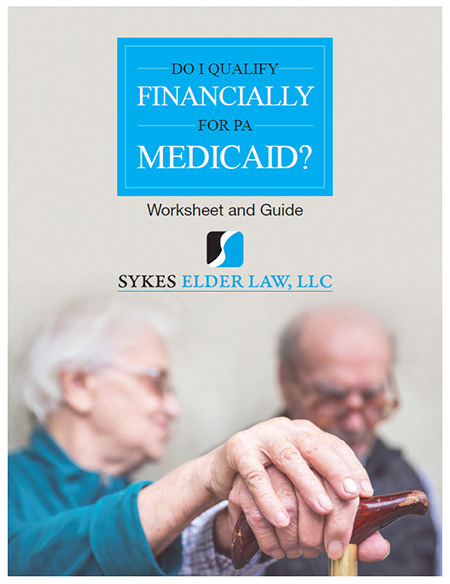Quick answer: when all (or almost all) of your assets are spent down and you’re qualified for Medicaid benefits.
Until that time, there are usually opportunities for some savings.
Most people are aware that Medicaid provides benefits for long term stays in skilled nursing, and that the Medicaid rules require applicants to spend down assets to a certain level before qualifying for benefits. Many are also aware that an applicant can keep some assets, like a house and a car, and still get benefits.
Fewer people know that some assets can be transferred away without incurring any type of penalty. These “exempt transfers” (you can read more about them here) include transfers such as establishing a special needs trust for the benefit of a disabled son or daughter, or deeding a house to a caregiver child.
Another way to protect assets is to transfer them to the spouse of the applicant (in Medicaid parlance, called a “community spouse”). Medicaid law contains a number of provisions allowing the community spouse to keep assets, but people often need the advice of an experienced elder law attorney to know how to take advantage of those opportunities.
In addition, an applicant may also have the opportunity to purchase exempt assets. That is, an applicant may be able to use funds that would otherwise be spent down and use them to benefit the applicant or someone else in the family.
In short, you may have many opportunities to protect assets, even when someone has already entered a nursing home. We can help you to devise a plan tailored to getting the best result possible in your situation.






